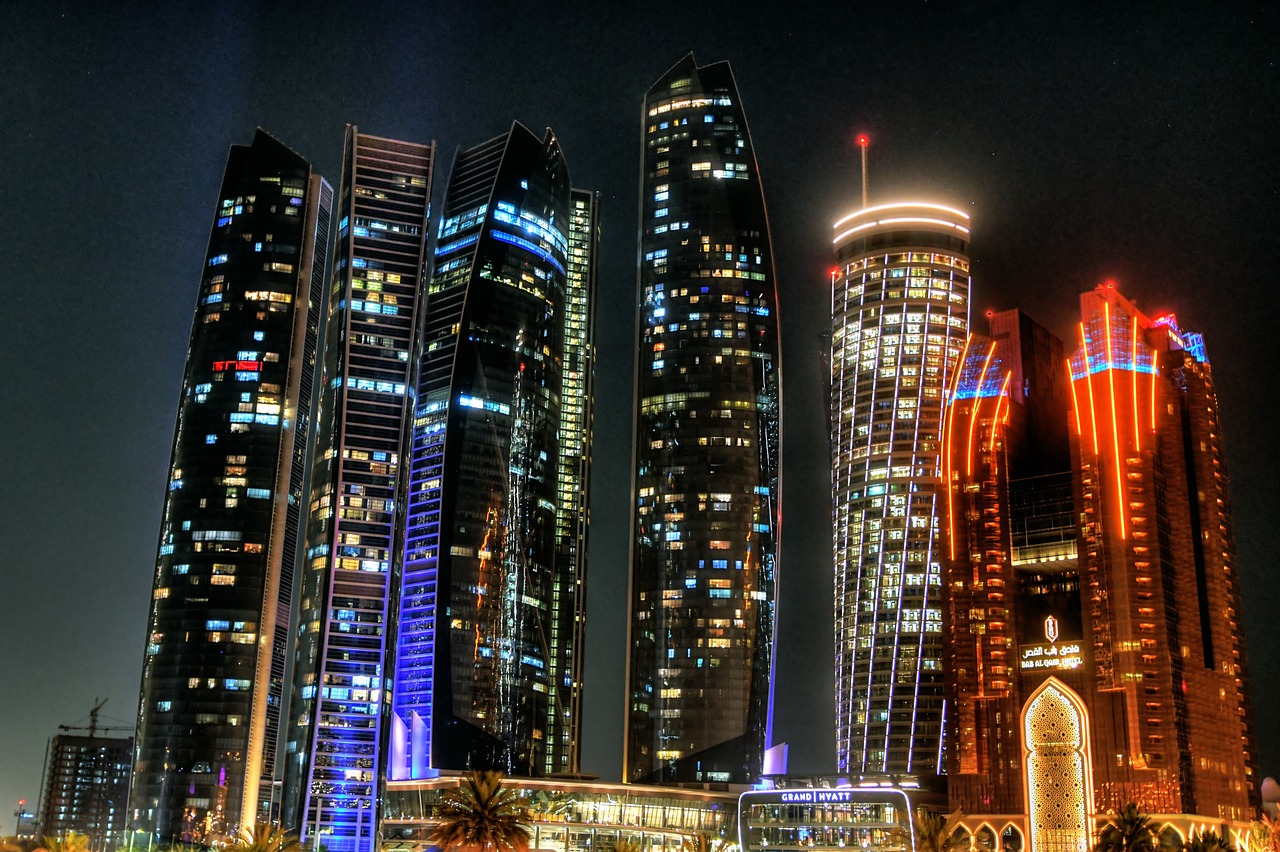GCC Social Media Influencers: Transforming Marketing in the Digital Age
In the GCC, social media influencers have surged across platforms such as Instagram, Twitter, Snapchat, YouTube, and TikTok. These individuals represent diverse sectors like fashion, beauty, fitness, technology, and lifestyle. What distinguishes them is their ability to build trust and genuine connections with their followers—something traditional advertising often fails to achieve.
Key Elements Behind the Success of GCC Influencers
Several factors contribute to the prominence of social media influencers in the region:
Youthful Population: The GCC boasts a tech-savvy population where a significant majority is under 35. This group’s active presence on social media creates fertile ground for influencers to thrive.
Aspirational Lifestyles: Influencers often present luxurious and aspirational lifestyles that resonate with audiences seeking glamour and sophistication.
Cultural Connection: By tailoring their content to reflect local customs and values, influencers create strong cultural relevance and relatability.
Widespread Connectivity: The region’s advanced infrastructure, characterized by high smartphone penetration and reliable internet access, enables seamless content creation and consumption.
Collaborations: Many influencers partner with both local and global brands, offering exclusive promotions that merge personal branding with traditional marketing.
From Content Creators to Opinion Leaders
GCC influencers have evolved into trendsetters whose recommendations significantly impact consumer behavior, from lifestyle choices to purchasing decisions. Their authentic approach often blurs the line between endorsements and advertisements, boosting their influence.
Beyond regional boundaries, GCC influencers have garnered global audiences. By sharing insights into the region’s culture and lifestyle, they have positioned themselves as ambassadors of GCC values on the international stage.
Navigating Challenges in the Influencer Landscape
Despite their growing success, GCC influencers face challenges:
Authenticity Issues: Some influencers have been criticized for excessive product promotions or lack of transparency, which can erode audience trust.
Regulatory Uncertainty: While some GCC countries have introduced guidelines, standardized regulations are needed to ensure clear disclosure of sponsorships and partnerships.
Future Trends in GCC Influencer Marketing
The evolution of influencer marketing in the GCC promises new opportunities and shifts, including:
Rise of Micro-Influencers: Influencers with smaller but highly engaged audiences are becoming more appealing due to their niche focus and authenticity.
Dominance of Video Content: Platforms like TikTok and YouTube are setting the stage for compelling video-driven influencer campaigns.
Data-Driven Strategies: Brands are increasingly leveraging data analytics to identify effective influencers and optimize campaign performance.
Focus on Sustainability: Influencers who embrace ethical and sustainable practices are likely to resonate more with conscious audiences.
Enhanced Regulations: As the industry matures, further developments in influencer marketing regulations will promote transparency and fairness.


